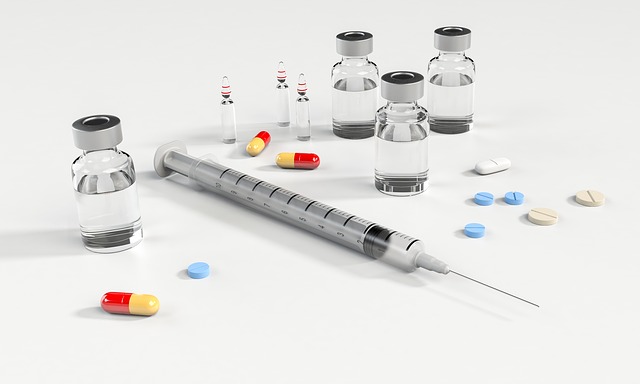3 Apr. 2020. An analysis of health care spending by large employers shows both companies and their employees are saving money from using non-branded biologic therapies. The new report by The Erisa Industry Committee, an organization of large employers dealing with employee benefits in Washington, D.C., is part of a larger initiative by the group examining the value of biosimilar therapies to employees and their employers.
Biosimilars are engineered replacements for original branded biologic drugs derived from living cells, and not one-to-one chemical substitutes like generic chemical drugs. As a result, biosimilars are more complex and must show they are interchangeable with the branded drugs they seek to replace. That interchangeability requirement is detailed in the Biologics Price Competition and Innovation Act of 2009, which was folded into the Affordable Care Act, passed by Congress and signed by President Obama in 2010.
The Erisa Industry Committee. or ERIC, commissioned a study of biosimilars to assess their benefits to employers and workers 10 years after passage of the Affordable Care Act. (Erisa is short for the Employee Retirement Income Security Act of 1974 that sets minimum standards for most worker retirement and health plans in private industry.) The organization represents larger companies in the U.S. — usually more than 10,000 employees — typically providing generous benefit plans for workers, and not the millions of smaller businesses employing most American workers. But some 150 million Americans have health insurance through their employers, so policies affecting larger companies often affect the U.S. workforce at large.
Researchers at Johns Hopkins University’s school of public health carried out the study of biosimilars for ERIC. A team led by health policy specialists Mariana Socal and Gerard Anderson examined biosimilar spending by 13 large employers, analyzing their spending data on biologics and biosimilars during 2018. Some 28 pharmacy benefit managers or PBMs — third-party administrators of prescription drug programs for health plans — for the 13 companies also contributed their data for 2018. However, data on rebates negotiated by PBMs were not made available to the researchers.
The team focused on biosimilars for two biologics, infliximab and filgrastim, the first two biologics for which biosimilars were developed and approved in the U.S. Infliximab is a treatment for symptoms from autoimmune disorders where the immune system attacks healthy cells and tissue, such as rheumatoid arthritis,Crohn’s disease, and psoriasis. Filgrastim is prescribed for cancer patients receiving chemotherapy to prevent infections by increasing the number of white blood cells in the immune system destroyed by chemotherapy.
The findings show spending on the two biosimilars accounted for 2.7 percent of the 13 companies’ total spending on pharmaceuticals in 2018. But the data also show a sharp disparity between usage of the two biosimilars: 69 percent of filgrastim claims, but only 0.5 percent of infliximab claims. When matching up company sizes and characteristics, the researchers estimate filgrastim’s biosimilar offers a median discount of 26 percent compared to the branded original, and the infliximab biosimilar returns a 32 percent median discount.
Translating those discounts into savings for the companies, if biosimilars were completely substituted for branded originals, the companies could have saved an average of $1.5 million on infliximab and $17,838 on filgrastim. Individual employees at the companies would also have seen savings in out-of-pocket costs, calculated at 12 percent or $300 less for infliximab and 45 percent or $600 less for filgrastim. The researchers acknowledge that data on rebates from PBMs could have influenced the savings calculations.
“These findings,” says Socal in an ERIC statement, “show that when available and used, biosimilars can generate significant savings for employers and employees. Greater savings could be achieved if there were more biosimilars on the market and a higher rate of utilization of these medications.”
In a companion report issued by ERIC, the employee benefits consulting from Segal recommends companies take more assertive actions toward biosimilars, educating themselves about biosimilar benefits and raising the priority of biosimilars in negotiations with PBMs. A separate report from Fidelity Investments for ERIC, outlines regulatory and legislative options for federal and state decision-makers related to biosimilars.
More from Science & Enterprise:
- Many Non-Cancer Drugs Found to be Cancer Fighters
- New Biotech Aims to Bring Down Drug Prices
- Commentary – New Models Needed for Antibiotic Resistance
- FDA – New Processes, Incentives Needed for Drug Shortages
- FDA Issues Final Biosimilar Guidance
* * *


 RSS - Posts
RSS - Posts
You must be logged in to post a comment.